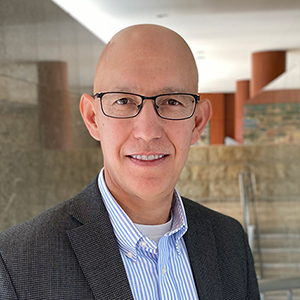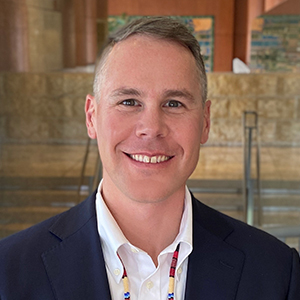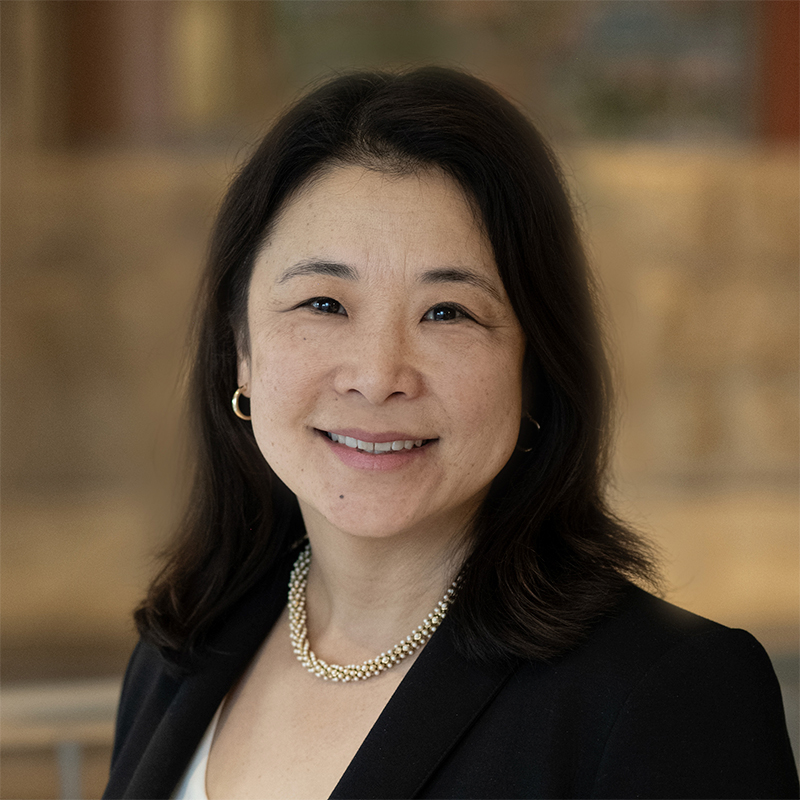- Event video(video)
We invite you to join us November 28 for a conversation about recent updates to the regulations implementing the Community Reinvestment Act (CRA) and how Indian Country could benefit. The event will feature key leaders from the Center for Indian Country Development (CICD) at the Federal Reserve Bank of Minneapolis and the Board of Governors of the Federal Reserve System. Speakers will provide an overview of the updated regulations and changes that encourage bank activities in Native Land Areas (NLAs). The event will also offer an opportunity to explore ways tribal governments, federally insured banks, and other entities serving NLAs can take advantage of these new opportunities.
Last month the Board of Governors of the Federal Reserve System, the Federal Deposit Insurance Corporation, and the Office of the Comptroller of the Currency approved a once-in-a-generation update of the regulations governing how they implement the CRA, a federal law that requires banking regulators to encourage banks to help meet the credit needs of the communities in which they do business, including low- and moderate-income (LMI) neighborhoods. The modernized CRA reflects feedback from Indian Country stakeholders and includes—for the first time—unique provisions to help address the credit needs of Native lands.
CICD played a role in engaging stakeholder input on proposed CRA updates, partnering with national Native organizations to host Indian Country-specific webinars and listening sessions and encourage comment on proposed changes.
We hope you’ll be part of this important conversation.
Speakers include:
- Michael S. Barr, Board of Governors of the Federal Reserve System
- Karin Bearss, Federal Reserve Bank of Minneapolis
- Ted Howard (Shoshone-Paiute), Duck Valley Shoshone-Paiute Tribes (retired)
- Andrew Huff (Chippewa Cree Tribe), CICD, Federal Reserve Bank of Minneapolis
- Matt Lambert, Board of Governors of the Federal Reserve System
- Casey Lozar (Confederated Salish and Kootenai Tribes), CICD, Federal Reserve Bank of Minneapolis
- Alene Tchourumoff, Community Development and CICD, Federal Reserve Bank of Minneapolis















